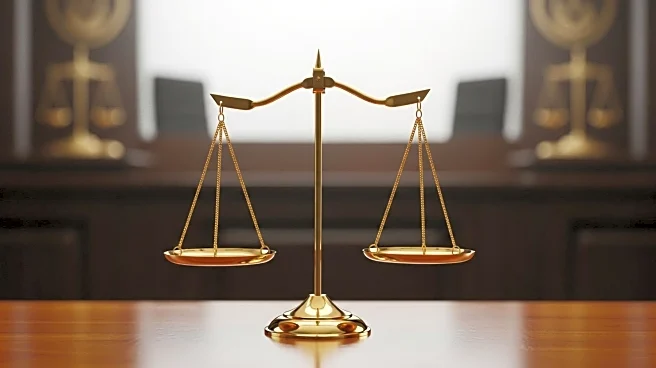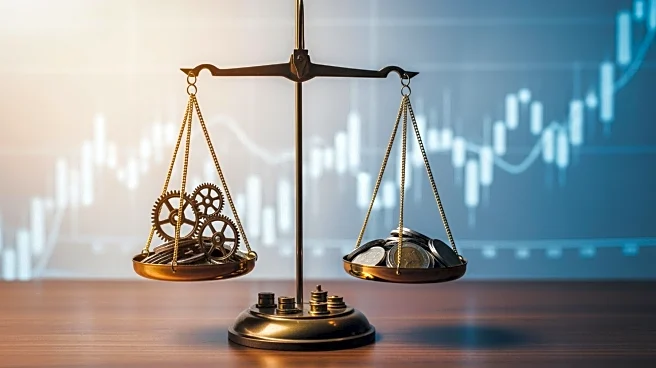What's Happening?
Alan Dershowitz, a retired Harvard Law professor, has lost his appeal to overturn a ruling that dismissed his defamation lawsuit against CNN. The lawsuit was based on CNN's coverage of Dershowitz's remarks during President Trump's 2020 impeachment trial. The 11th U.S. Circuit Court of Appeals found that Dershowitz did not provide evidence of 'actual malice' by CNN's reporters and commentators. Dershowitz argued that his statements were misinterpreted, but the court maintained that there was no intentional wrongdoing by CNN. Dershowitz plans to appeal to the U.S. Supreme Court, challenging the reliance on the 1964 New York Times v. Sullivan ruling, which he claims protects lying journalists. Judge Barbara Lagoa, in a concurring opinion, acknowledged CNN's defamation but upheld the dismissal due to the Sullivan precedent.
Why It's Important?
The case highlights the ongoing debate over press freedom and defamation laws in the United States. The ruling reinforces the protections afforded to media outlets under the New York Times v. Sullivan precedent, which requires proof of 'actual malice' for defamation claims involving public figures. This decision could impact future defamation lawsuits against media organizations, particularly those involving political figures and contentious issues. Dershowitz's appeal to the Supreme Court may prompt a reevaluation of these legal standards, potentially affecting how defamation is litigated in the context of political reporting.
What's Next?
Dershowitz intends to appeal the decision to the U.S. Supreme Court, which could lead to a significant legal review of the New York Times v. Sullivan precedent. If the Supreme Court decides to hear the case, it may result in changes to the legal framework governing defamation and press freedom. This could have wide-reaching implications for media organizations and public figures, influencing how defamation cases are approached and adjudicated in the future.
Beyond the Headlines
The case underscores the tension between public figures and media outlets, particularly in politically charged contexts. It raises questions about the balance between protecting reputations and ensuring robust public discourse. The outcome of Dershowitz's appeal could influence the ethical and legal standards for journalism, potentially affecting how media organizations report on political events and figures.









